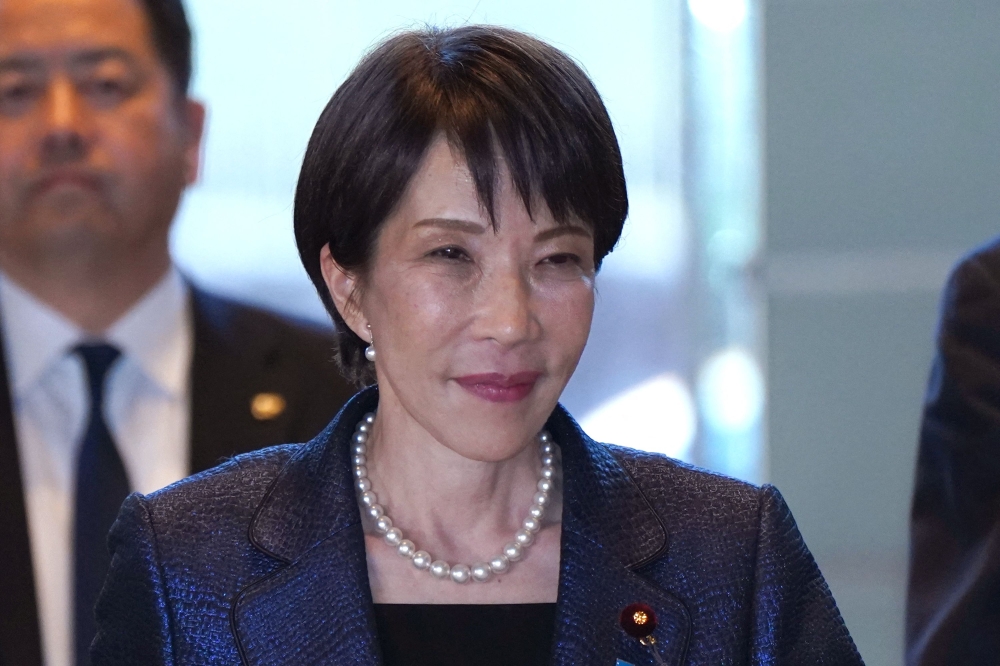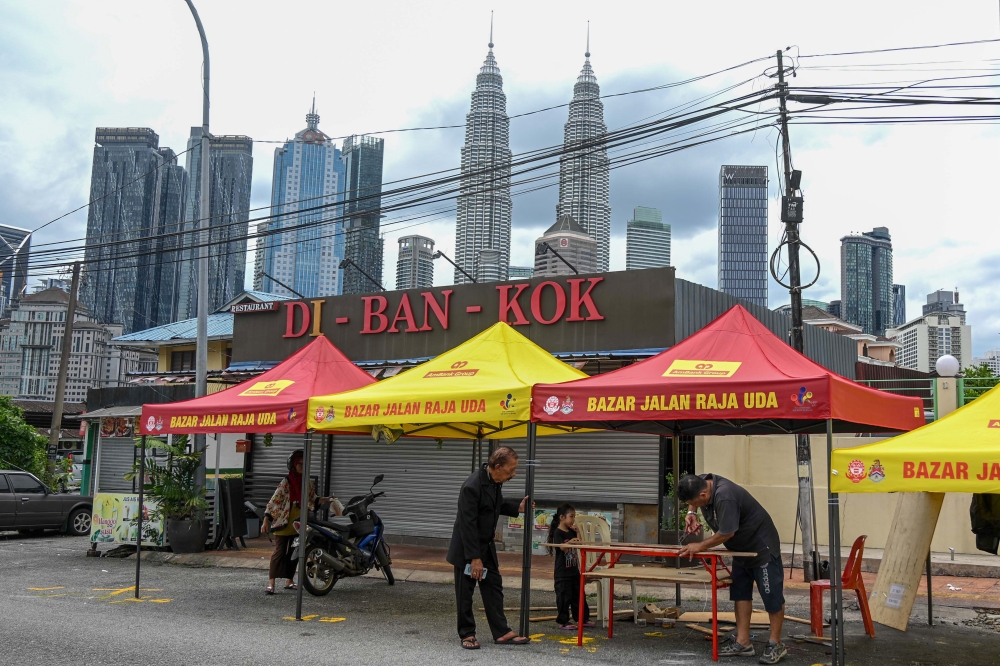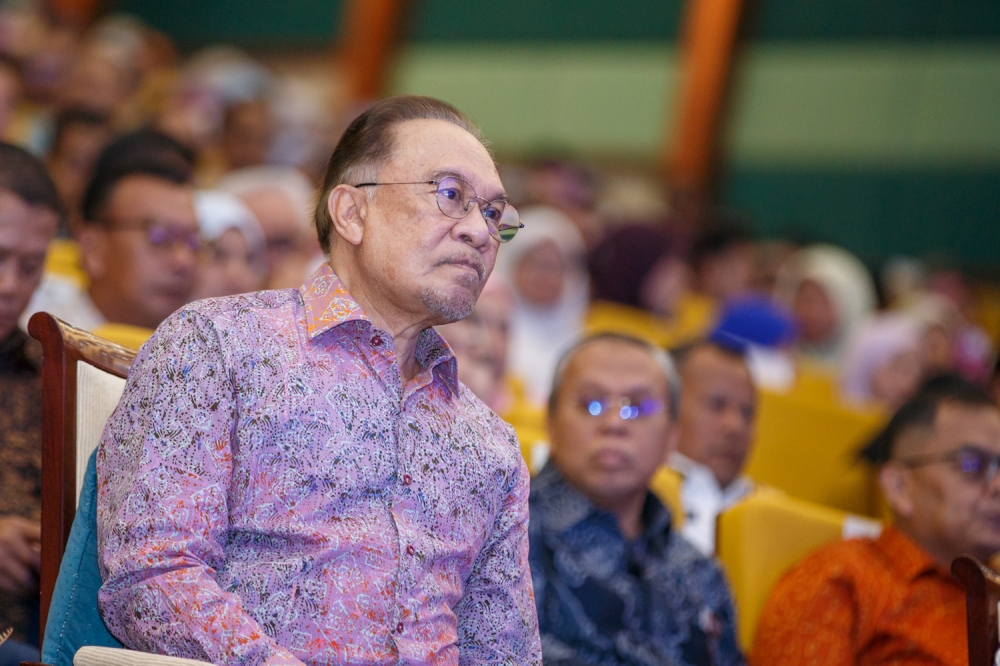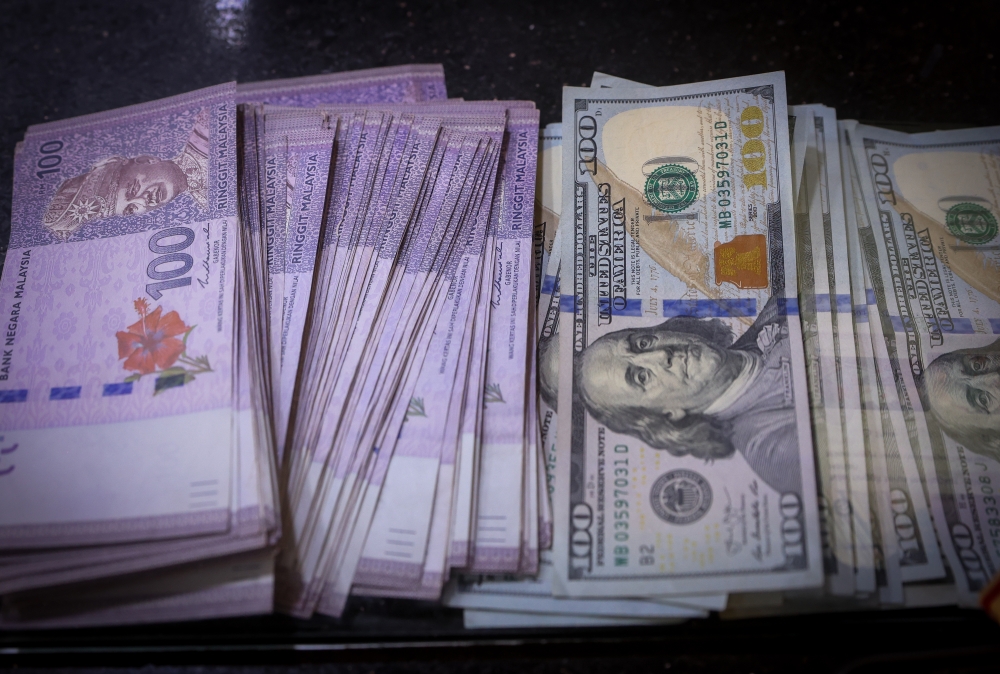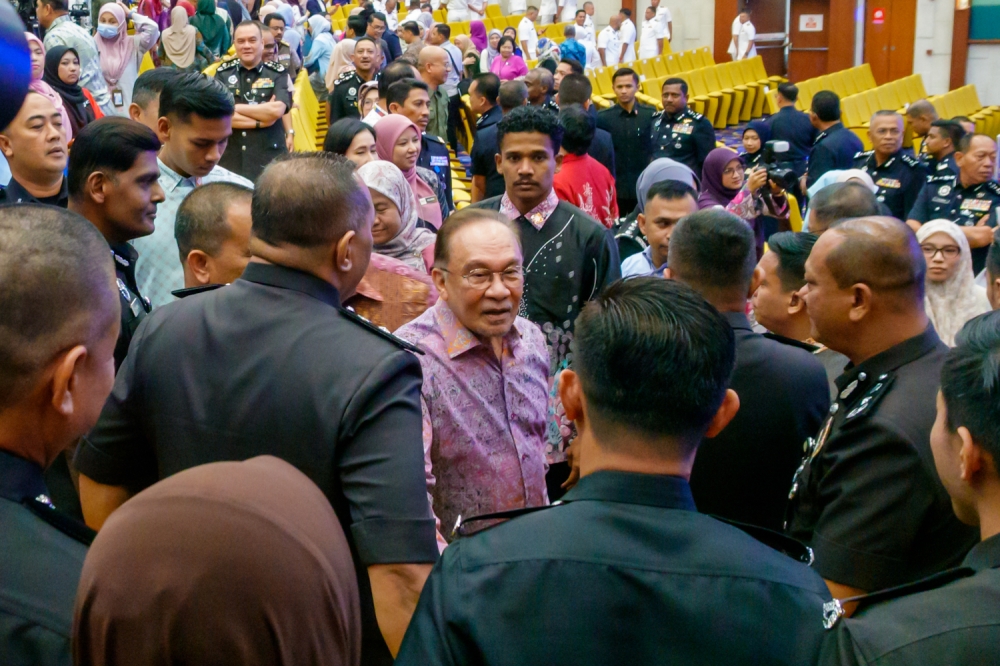OCTOBER 17 — We see this in populist slash nationalist doctrines which target foreign elements. The refugee or immigrant is often painted as the “scary” bad guy against whom we need to protect ourselves.
We see it in Chinese discourse about the USA and vice-versa. It’s also very obvious in white supremacist slogans; berating and threatening the “other side” is practically a defining trait.
Alas, all Malaysians also see it during election season.
Our country is more than 60 years old but we still can’t seem to shed the divisive racial-religious rhetoric which serves no other reason than to “frame” other Malaysians as those who are out to take away our rights, our power, and so on.
It’s all about what the “other” has stolen from us and how we must fight back, and even sacrifice, to regain that which was lost.
Political leaders have a tendency to insinuate and then later manipulate the loss experienced by their supporters.
German political theorist Carl Schmitt asserted that the concept of the enemy must always be potentially available to ground political sovereignty.
This is to say that without a scary “enemy”, the support for political leaders may start to wane.
The political sovereign is he who decides and thus sustains the borders of political imagination that re-establishes the norms in the act of going beyond them; it is the sovereign who takes the process from abstract norms to an actual ordering of events.
The very idea of a constituted nation at peace requires imagining (if not actualising) a threat.
Without deciding who one’s enemy is, one cannot call anybody a friend and, most critically, one has no target to focus on in defense of the nation.
This is why in politics, people spend a majority of the time focusing on what the “bad guys” do instead of what the “good guys” should be doing.
Our WhatsApp groups are filled more with the stupidities and cruelties of personalities we despise, rather than the achievements of leaders we’d vote for.
Honestly, when was the last time you received a “report card” by the candidate you voted for in previous general elections? Would there be anything particularly dodgy if you did?
This is also surely why Malaysian supremacist leaders continually target ethnic groups to whip up support from their own groups. Without the “anchor” of an enemy, such parties tend to drift away and lose backing.
Likewise, it is both the strength and weakness of the Opposition that the #1 thing “uniting” them is what they stand against rather than what they are for.
In 2018, the 1MDB scandal paradoxically helped mobilise numerous political parties against Barisan Nasional (BN). This year, though, that issue is already in the background.
Does Pakatan, Perikatan and so forth have anything substantial to offer Malaysians other than a shared hatred of BN? Or are we cursed to play the Schmittian game, again and again, for the next four years (or more)?
*This is the personal opinion of the columnist.









